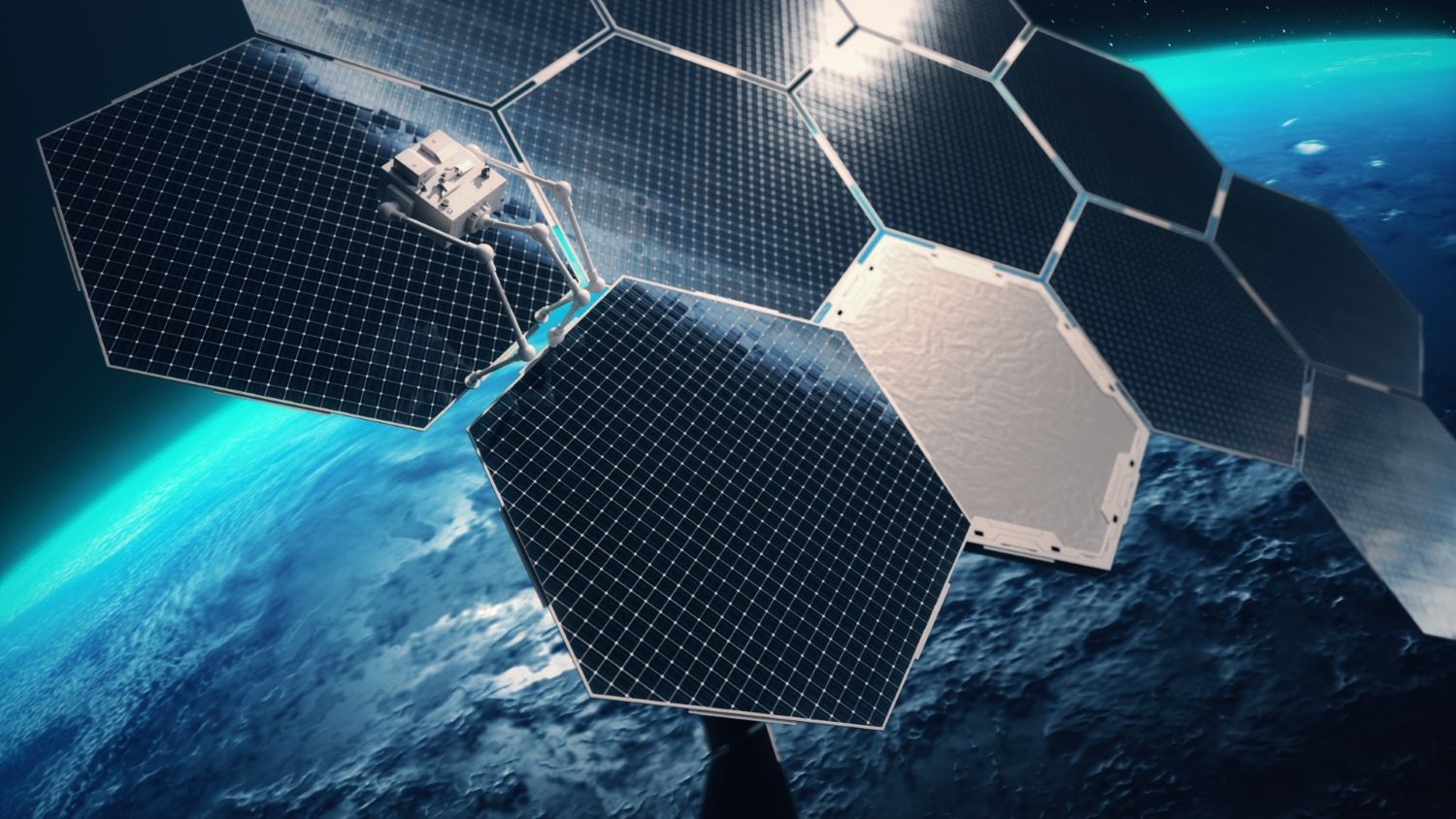Data centers soon in space? A viable project according to Thales
Published by Cédric,
Article author: Cédric DEPOND
Source: Thales ALenia Space
Other Languages: FR, DE, ES, PT
Article author: Cédric DEPOND
Source: Thales ALenia Space
Other Languages: FR, DE, ES, PT
Follow us on Google News (click on ☆)

ASCEND © Thales Alenia Space/Master Image Programmes
The ASCEND study was conducted by a European consortium including environmental specialists (Carbone 4, VITO), cloud experts (Orange Business, CloudFerro, Hewlett Packard Enterprise), space launch experts (ArianeGroup), and orbital systems specialists (DLR, Airbus Defence and Space, Thales Alenia Space). The primary goal was to compare the environmental impacts of space-based and terrestrial data centers while validating the technological feasibility of their development, deployment, and operation in orbit.
The results indicate that to minimize CO2 emissions, a launcher that is ten times less emissive than current ones would be necessary. Additionally, space data centers would not use water for cooling, a significant advantage given the increasing droughts. This would enable substantial investments under the European Green Deal, justifying the development of an eco-designed and reusable launcher. The development of such a launcher has been validated, thanks to contributions from ArianeGroup and analyses from ESA's PROTEIN study.
Modular infrastructures in orbit would be assembled using robotic technologies. The EROSS IOD demonstrator, led by Thales Alenia Space for the European Commission, foresees a first demonstration by 2026. In terms of capacity, ASCEND aims to deploy 1 gigawatt by 2050, thus meeting the growing demand for data centers.
The project is considered economically viable, with a potential return on investment of several hundred billion euros by 2050. Christophe Valorge, Technical Director of Thales Alenia Space, emphasizes that this initiative could transform the European digital landscape by offering a greener and more sovereign solution for data storage and processing, contributing to Europe's carbon neutrality and technological sovereignty goals.

ASCEND © Thales Alenia Space/Master Image Programmes
Thales Alenia Space and its partners plan to continue work on the ASCEND study to consolidate and optimize its results. A paradigm shift is necessary in the space sector to achieve this project's goals, relying on technologies accessible for Europe.